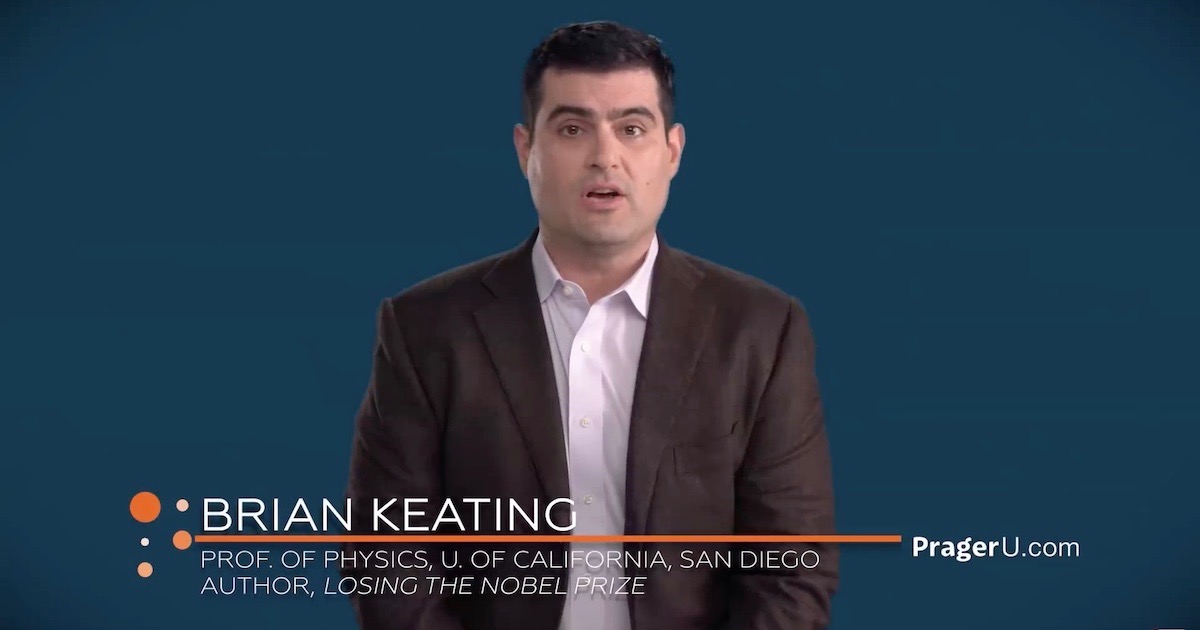 Physics, Earth & Space
Physics, Earth & Space
Multiple Problems with the Multiverse


This is quite a strong statement from UC San Diego physicist Brian Keating, especially since a friend reports being in the audience for a talk Dr. Keating gave just a few years ago where he was taking what sounds like a very different line.
In a brief video for PragerU, he explains the multiverse solution to the problem of apparent cosmic fine-tuning with its theistic implications. PragerU videos are based on the premise that anything can be explained in under five minutes, which I tend to agree with. Keating concludes that both scenarios, theism and the multiverse, require a “leap of faith,” except that the theist is honest enough to admit as much while multiverse proponent likely isn’t.
There’s more you could say about what’s problematic about the multiverse scenario. Stephen Meyer wrote here the other day:
To explain the vast improbabilities associated with these fine-tuning parameters, some physicists have postulated not a “fine-tuner” or intelligent designer, but the existence of a vast number of other parallel universes. This “multiverse” concept also necessarily posits various mechanisms for producing these universes. On this view, having some mechanism for generating new universes would increase the number of opportunities for a life-friendly universe such as our own to arise — making ours something like a lucky winner of a cosmic lottery.
But advocates of these multiverse proposals have overlooked an obvious problem. The speculative cosmologies (such as inflationary cosmology and string theory) they propose for generating alternative universes invariably invoke mechanisms that themselves require fine-tuning, thus begging the question as to the origin of that prior fine-tuning. Indeed, all the various materialistic explanations for the origin of the fine-tuning — i.e., the explanations that attempt to explain the fine-tuning without invoking intelligent design — invariably invoke prior unexplained fine-tuning.
Moreover, as Jay Richards has shown, the fine-tuning of the universe exhibits precisely those features — extreme improbability and functional specification — that invariably trigger an awareness of, and justify an inference to, intelligent design. Since the multiverse theory cannot explain fine-tuning without invoking prior fine-tuning, and since the fine-tuning of a physical system to accomplish a propitious end is exactly the kind of thing we know intelligent agents do, it follows that intelligent design stands as the best explanation for the fine-tuning of the universe.
“During that talk” in 2015, says our friend, Keating “gave ZERO indications that he was friendly to a cosmic-design viewpoint.” Has Dr. Keating undergone some evolution of his own on this issue in the meantime? If so, good for him!
